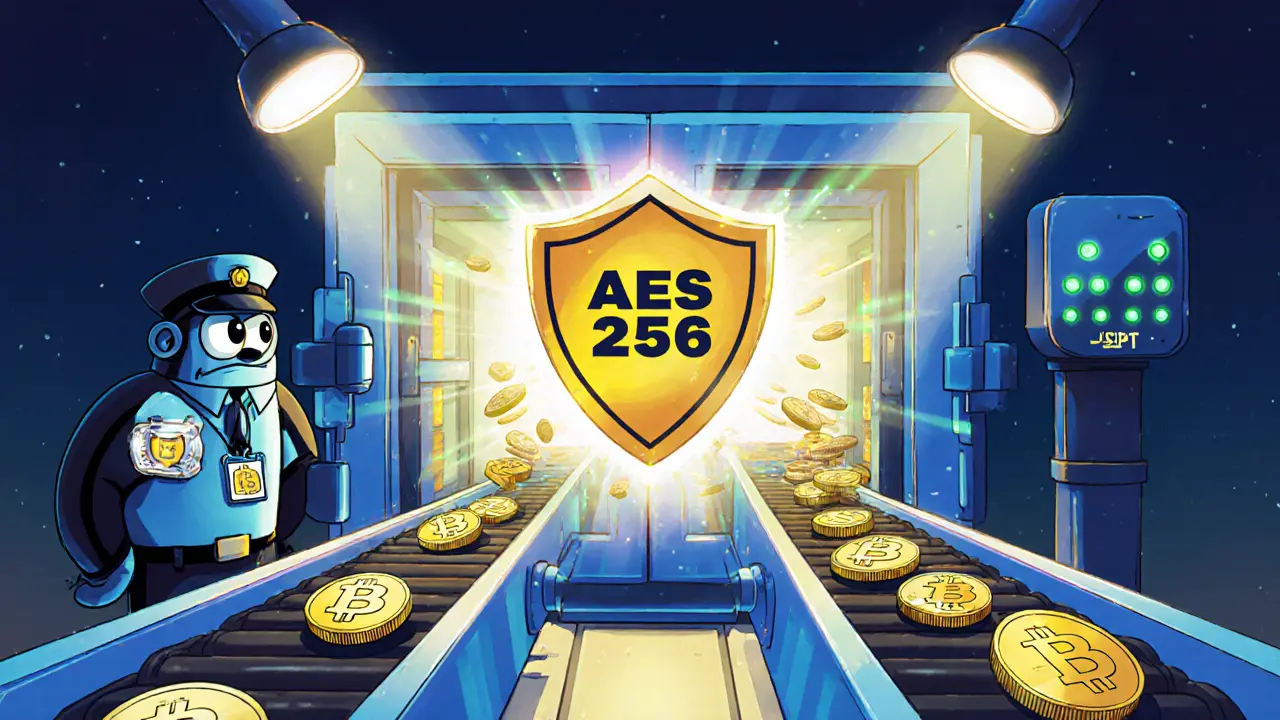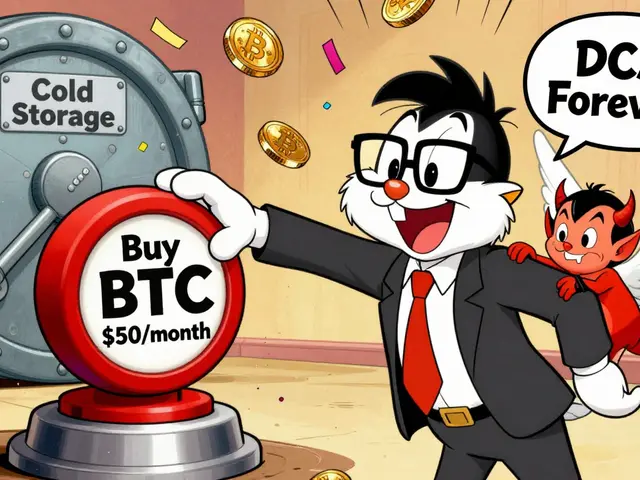Crypto Exchange Comparison: Reviews, Fees, Security & More
When talking about crypto exchange comparison, the process of evaluating different crypto trading platforms based on cost, safety, speed, and regulatory compliance. Also known as exchange benchmarking, it helps traders decide where to place their funds. A solid comparison looks at fee models, asset variety, user experience, and how each platform protects your money.
One major piece of the puzzle is the decentralized exchange, a peer‑to‑peer marketplace that runs on smart contracts without a central authority. Because there’s no custodian, users keep full control of their keys, which boosts privacy but can raise liquidity challenges. Decentralized exchanges often support atomic swaps and cross‑chain trading, letting you move assets without a traditional order book. When you include them in your crypto exchange comparison, you’ll notice lower KYC barriers and different fee structures, usually a flat % of the trade.
On the other side of the spectrum sits the centralized exchange, a platform operated by a company that holds user assets and matches orders on its internal order book. Centralized exchanges typically offer faster execution, deeper liquidity, and a broader range of services like futures and staking. However, they require KYC compliance, verification of user identity to meet anti‑money‑laundering regulations, which adds a step but also builds trust. Their fee structures—often a combination of maker and taker rates—can vary widely, so the trading fees, the cost charged per transaction, including maker/taker splits and withdrawal costs—become a critical metric in any thorough comparison.
Putting these entities together creates a clear map of the crypto exchange landscape. Crypto exchange comparison encompasses fee analysis, security assessments, and regulatory considerations. It requires understanding how decentralized platforms boost privacy, how centralized services deliver speed, and how KYC compliance influences user trust. Security features like cold storage, two‑factor authentication, and insurance funds directly affect the risk profile of each exchange, shaping the final decision.
Below you’ll find curated reviews, fee breakdowns, and security overviews that tie all these aspects together. Dive in to see how each platform stacks up against the criteria that matter most to you, whether you’re after low costs, high liquidity, or robust compliance.







Categories